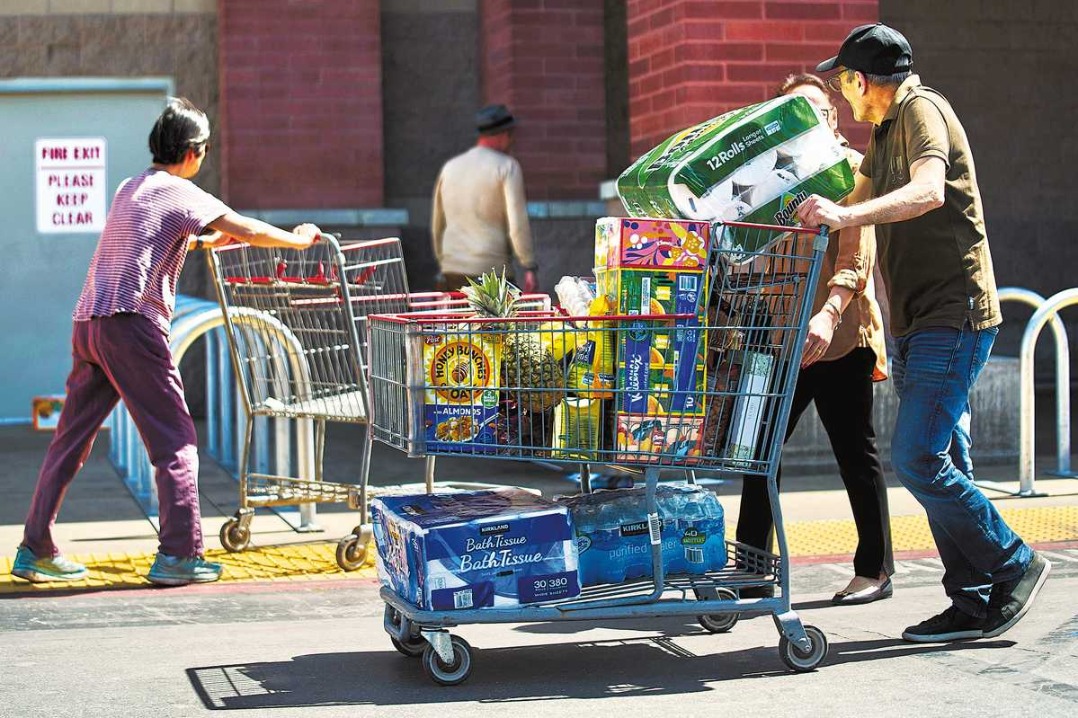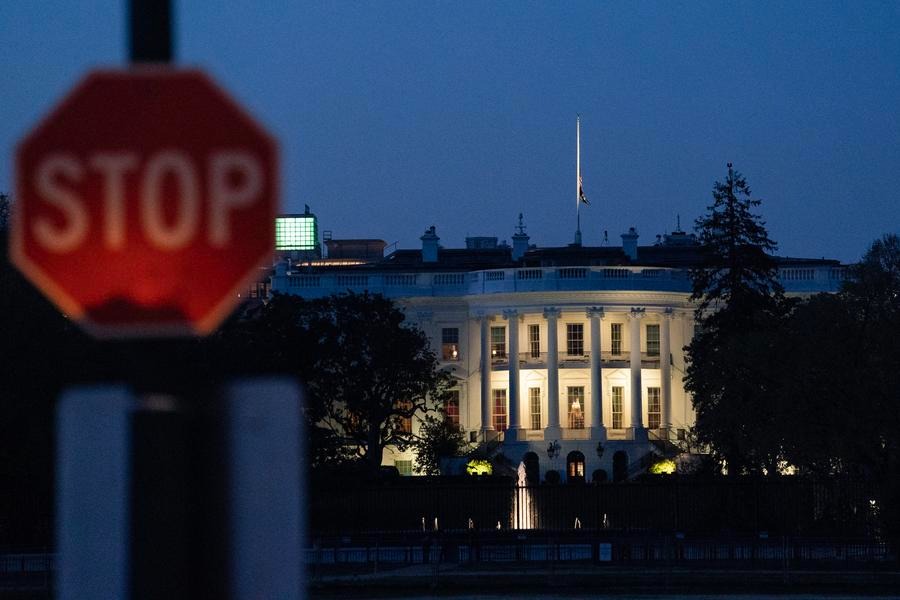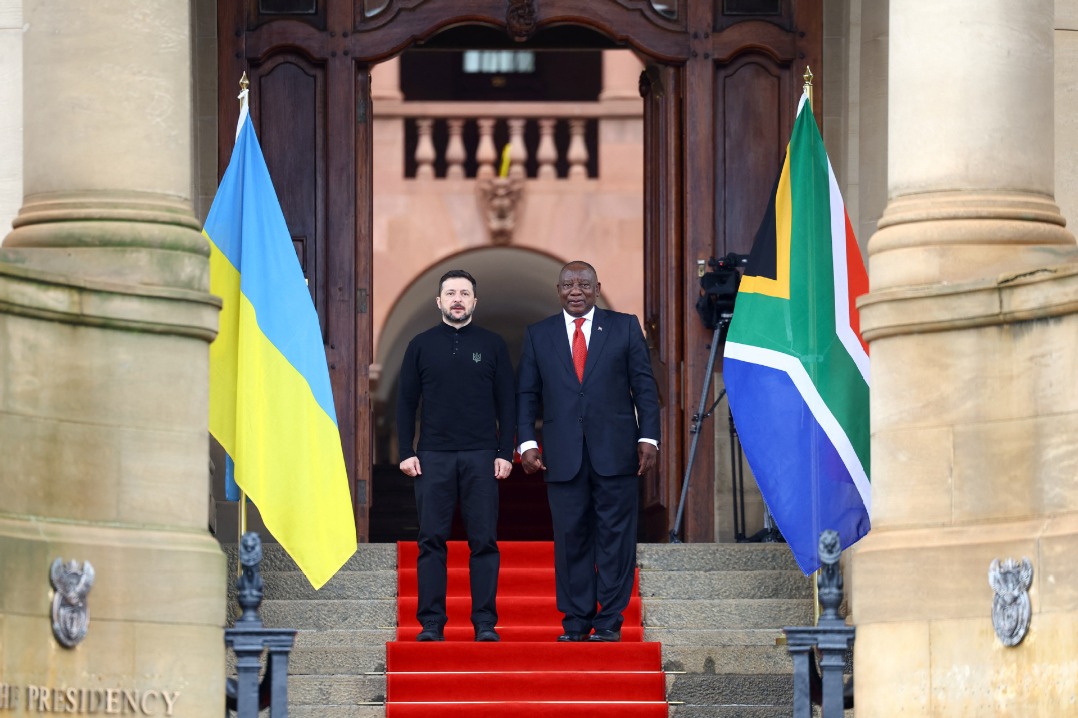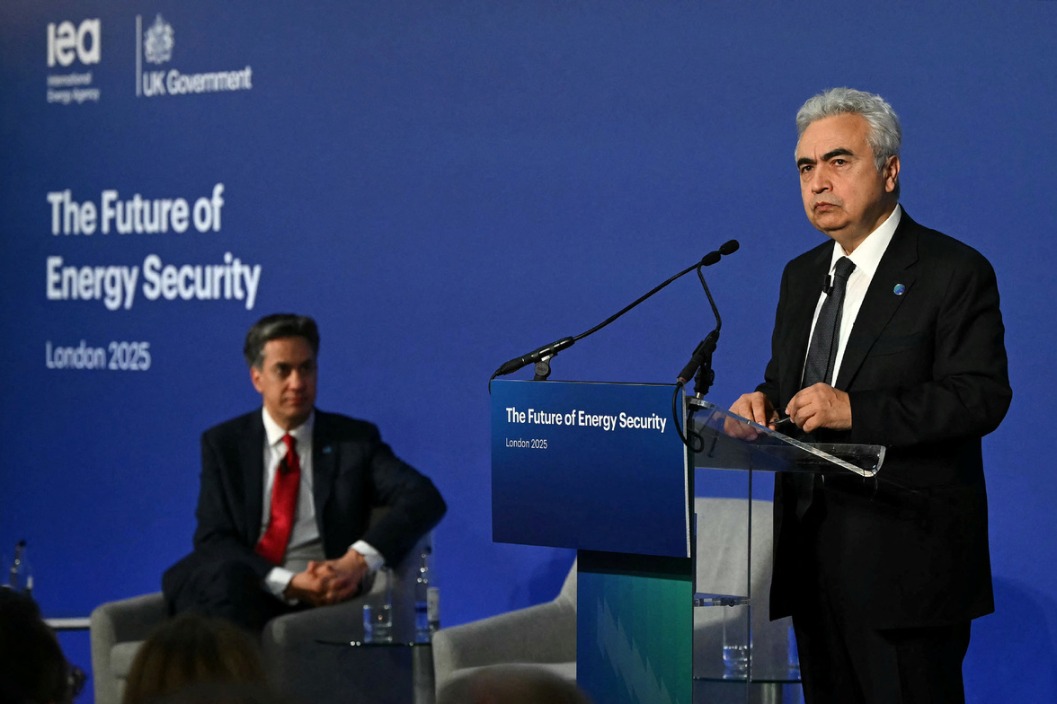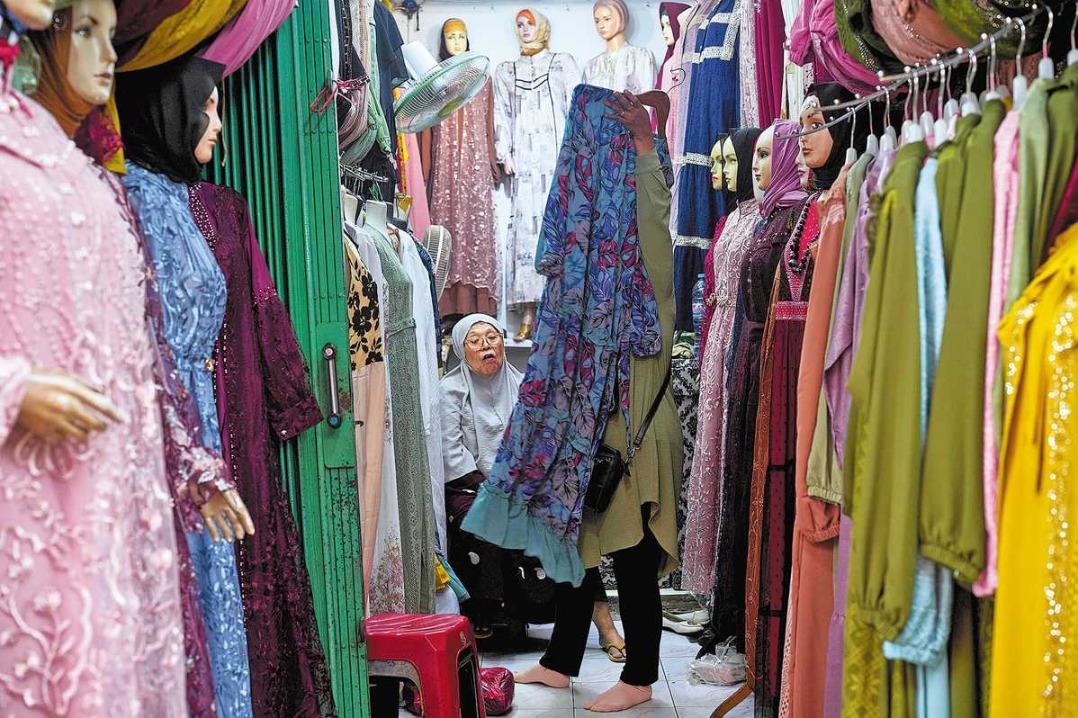Gaza crisis likely at its 'worst', UN warns

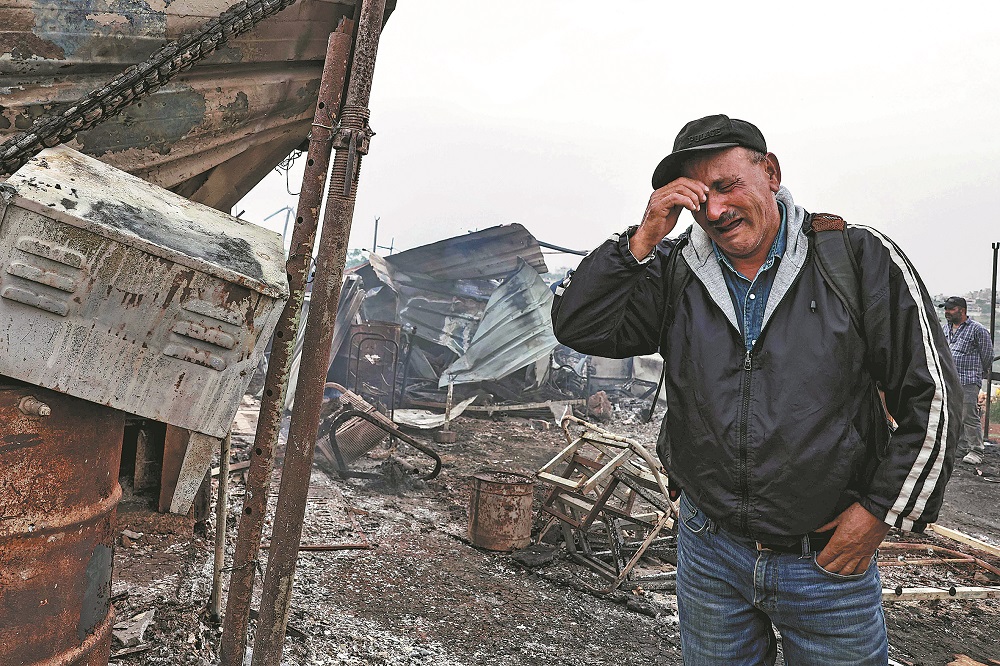
Prolonged forced hunger, bombings and Israel's now 50-day blockade on aid have deepened the crisis in Gaza, with the United Nations warning that the situation was likely in its "worst" phase.
The UN Office for the Coordination of Humanitarian Affairs said in a bulletin on Wednesday that Gaza "is now likely facing the worst humanitarian crisis" in the 18 months since Israel's military campaign following Hamas' surprise attack in October 2023.
"Over the past 36 days, since March 18, Israeli forces have escalated bombardment from the air, land and sea across the Gaza Strip and expanded ground operations. This has resulted in hundreds of casualties, destruction of civilian infrastructure, and large-scale displacement," it said.
The UN office also said fighting between Israeli forces and Palestinian armed groups has been reported particularly in North Gaza and Rafah governorates. As of April 15, an estimated 420,000 people "have been displaced again", it added.
It has been widely reported by many media outlets that an estimated 51,000 people have died in the current conflict in Gaza.
However, Palestinian President Mahmoud Abbas, in his address to the 32nd session of the Palestinian Central Council on Wednesday, said Israel's "enduring genocidal war" has "cost us more than 200,000 citizens", who he said are "either martyred or wounded so far".
Philippe Lazzarini, head of the UN Relief and Works Agency for Palestine Refugees in the Near East, said hunger "is spreading and deepening — deliberate and man-made", as an Israeli blockade on food, medicine and other lifesaving supplies passed the 50-day mark following the collapse of a ceasefire deal last month.
"Gaza has become a land of desperation … humanitarian aid is being used as a bargaining chip and a weapon of war," Lazzarini said, warning that supplies inside Gaza "are nearly all gone", with food stocks running dangerously low and only 250 food parcels left.
Last month, a group of UN human rights experts expressed alarm at Israel's blockade, describing the move as "weaponizing starvation" — which they said flagrantly breaches international law and any prospects of peace.
'Weapon of war'
South Africa also said that barring food from entering Gaza was a continuation of Israel's use of starvation as a weapon of war, as part of the continuing campaign of what the International Court of Justice ruled to be plausible genocide against the Palestinians.
On April 16, Israeli Defense Minister Israel Katz said Israel's policy is "clear", that no humanitarian aid will enter Gaza, and blocking this aid "is one of the main pressure levers preventing Hamas from using it as a tool with the population".
United States Senator Bernie Sanders took to X and slammed Katz's remark.
Katz hit back at Sanders on Tuesday, saying Israel was acting in full accordance with international law and claimed that the humanitarian condition in Gaza "is constantly monitored and large quantities of aid were delivered".
"Whenever it becomes necessary to allow additional aid, it must be ensured that it does not pass through Hamas, which exploits humanitarian aid to maintain control over the civilian population and to profit at their expense — profits that fund and sustain terror infrastructure used to target IDF (Israel Defense Forces) soldiers and Israeli civilians," Katz said.
UN spokesman Stephane Dujarric appealed to "influential" member states to take necessary measures to ensure that humanitarian aid can be distributed to Gaza.
The appeal came in response to a question about Katz reportedly telling Israel's Security Cabinet meeting on Tuesday that aid in Gaza would be distributed by the Israeli military or US companies, reported the Anadolu news agency of Turkiye.
Dujarric said UN operations in Gaza or anywhere else in the world could only be conducted in line with the principles of humanity, neutrality and independence.

















